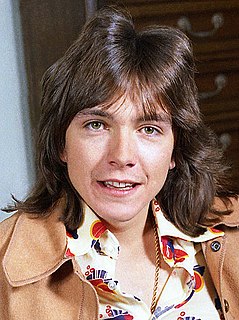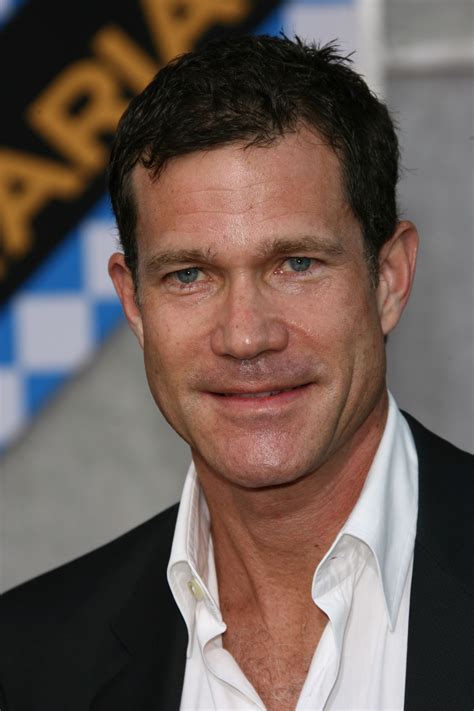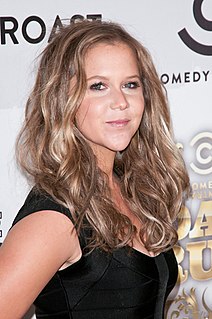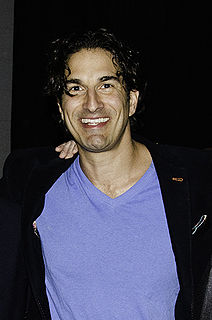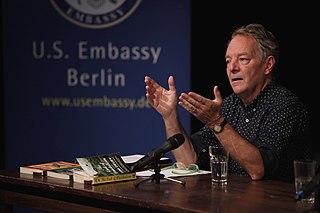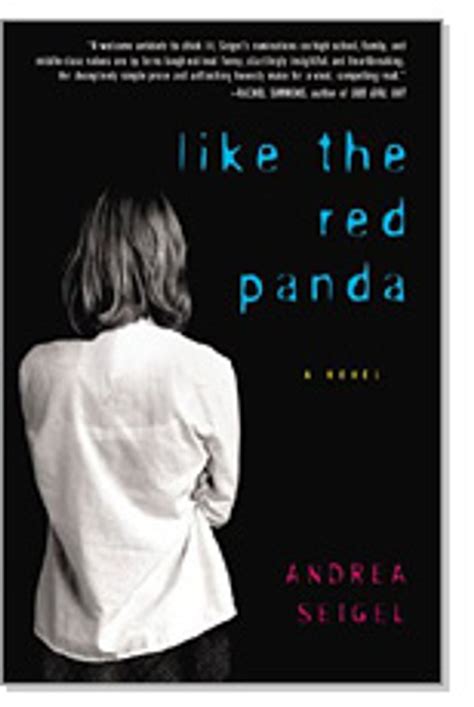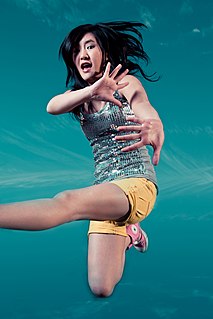A Quote by David Cassidy
I don't want to end up being some joke on a bad TV series.
Related Quotes
Some street jokes are just timeless. There's an old street joke about comedians. The joke is that a beautiful girl comes up to a comedian at the end of the night and says, "I saw your show tonight, and I just loved it. I want to go home with you, and I'll do anything you want." And the comedian says, "Were you at the 7 or the 9?" That's just a perfect joke, because it points out how egomaniacal and obsessive comedians are. Even though I'm not waiting for a groupie, I can completely understand it. It just defines how comedians are driven.
There are certain jokes that indicate how mainstream a comic is. If you're talking about how the side effects of drugs that they advertise on TV are worse than the actual illness they're supposed to prevent, that's like the hackiest joke out there now. If you're still doing that joke, that usually is an indicator of being mainstream, in a bad way.
Ati sarvatra varjayet: Excess of anything is bad. Some of us are attracted to Good. But the universe tries to maintain balance. So what is good for some may end up being bad for others... Agriculture is good for us humans as it gives us an assured supply of food, but it is bad for the animals that lose their forest and grazing land.
The nice thing about a series is you can end on cliffhangers all the time. You can be like, 'You know what? Here we go, this person just died, end of book.' And with the end of the series, you're very conscious of all the plotlines that were left hanging. There's a balance there to wrap those up but still leave it exciting.
